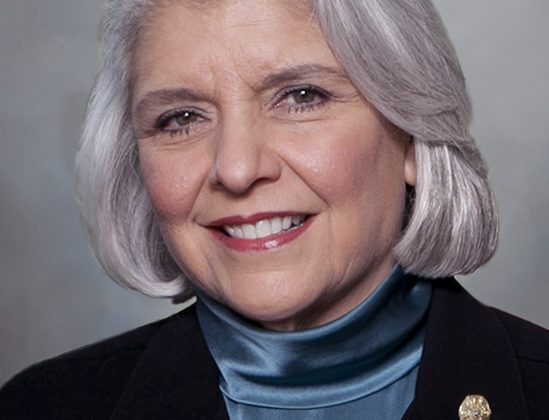Zaffirini: Redistricting Should Be About Community Interests, Not Partisan Warfare
The 87th Texas Legislature gaveled in Jan. 12 with a myriad of challenges to address, including the COVID-19 pandemic, logistical challenges associated with vaccine distribution, a sputtering economy and a budget deficit of more than $1 billion. Although those items will dominate the headlines and legislators’ time, the most impactful item for discussion will be the once-per-decade redistricting process.
After the U.S. Census Bureau reports the results of its decennial survey, legislators throughout the country race to meet deadlines. Because we are not likely to receive the data before summer, however, hearings will continue, but the drawing of districts will be delayed.
Based on population, fast-growing states, including Texas, will gain seats in the U.S. Congress, complicating the map-drawing process. Others, obviously, will lose seats to keep the size of the U.S. House of Representatives static.
Redistricting also encompasses districts of the Texas Senate and House of Representatives and State Board of Education. The new maps effectively set the terms of engagement for the next 10 years of political campaigns: Where will the majority party look to strengthen its advantage? Where will the minority party seek to pick up seats? That planning began long ago. Its delay will frustrate would-be challengers who cannot possibly know in what districts their counties will be.
By definition, redistricting is a heavily political process. This gives rise to “gerrymandering,” a term for techniques used to create districts based on partisan advantage. The pursuit of that advantage often leads to some districts that look, well, ridiculous.
Gerrymandering amounts to legislators picking their voters—not the other way around—and is hugely detrimental to our democracy. It means the vast majority of districts overwhelmingly are partisan one way or the other, exacerbating political polarization in the Legislature and making it very difficult for dissatisfied voters to hold their leaders accountable. It makes general elections feel like a foregone conclusion and discourages electoral participation. Equally important, however, is the recognition that community needs should be first and foremost.
Across the state are pockets of Texans who share needs, interests and concerns. They could be persons within the same cultural or socioeconomic groups or some other binding force. Redistricting experts call these “communities of interest,” and grouping them within a single legislative district often yields optimal representative results. When those interests conflict ideologically with those of persons drawing maps, however, the communities often (and, in my opinion, wrongly) are split into multiple districts to dilute their voting power.
It is my pleasure to represent what is, let’s say, a less gerrymandered district than most. How, some might ask, is a sprawling, 18-county district running from the Colorado River to the Rio Grande coherent? What do Austin, Laredo, Lockhart and the Valley have in common?
A lot, as it turns out. It all starts with I-35 and our southern border.
The highway is District 21’s spine, connecting our communities, fueling our economies and defining our needs. The overwhelming majority of my constituents live within a short drive of I-35, which means we share a great deal of interests: infrastructure, obviously, but also economic development, environmental preservation and international trade. Our district is vast and diverse, but we have significantly more in common than a glance at the map might suggest.
I truly love representing you in the Texas Senate, and I hope to keep it that way. That is why I have been advocating for limited changes to my district. Although we are Democrats, Republicans and independents; urban and rural; Central Texas, South Texas and the Coastal Bend, our intertwined economies and interests have ensured we are well represented, together, in the Texas Legislature.
Your participation is essential to our success. Public hearings are underway, and more opportunities for engagement are likely to emerge throughout the year. Contact my staff or me at any time via 512/463-0121 or judith.zaffirini@senate.texas.gov to learn how you can get involved.
Senator Judith Zaffirini, D-Laredo, is the second-highest ranking member and highest-ranking female and Hispanic member of the Texas Senate. She represents the 21st Senatorial District, which includes Caldwell County and spans 18 counties along Interstate 35 from Laredo to southeast Austin and stretches to the Valley and Coastal Bend.


